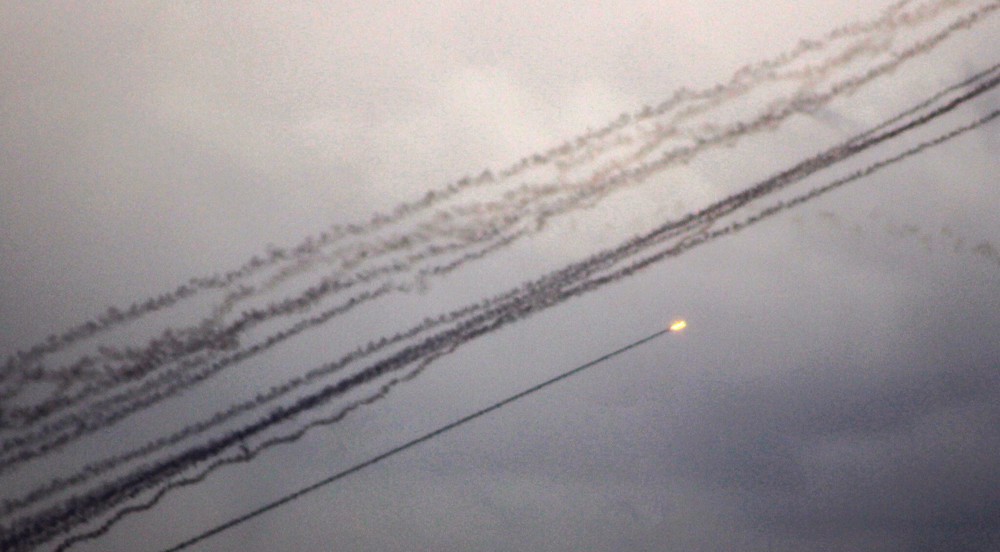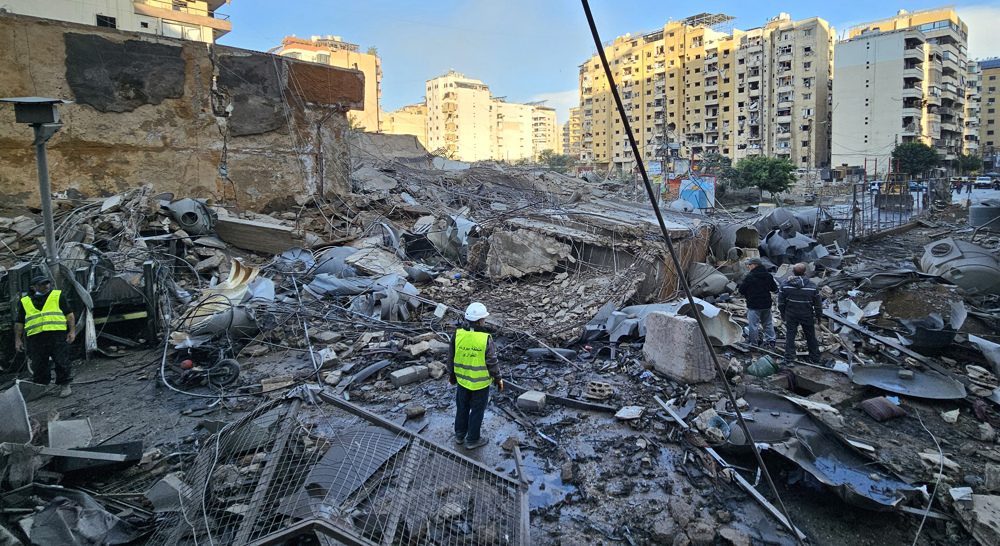Hezbollah will not give Israel, its sponsors opportunity to attack Lebanon: Top official
Hezbollah Deputy Secretary General Sheikh Naim Qassem says the Lebanese resistance movement will neither allow Israel nor its sponsors the chance to launch an aggression against Lebanon, warning the Tel Aviv regime and its allies of a heavy price.
“We will neither give Israel nor anyone who recognizes it the opportunity to launch an attack without paying the price. We will not capitulate to those who wish to rob us of our honor and victory… We want to protect Lebanon, its sovereignty and independence, whereas they [those who recognize Israel] do not care if Israel is still occupying our lands,” Sheikh Qassem said during a ceremony in the Lebanese capital Beirut late on Friday.
Sheikh Qassem dismissed allegations that this month’s vast explosion in Beirut that killed 178 people, injured more than 6,000 others and destroyed swathes of the city was caused by a blast from a deposit of Hezbollah arms, emphasizing that such absurd claims have failed to undermine the resistance movement’s prowess.
“All allegations that Hezbollah used to store weapons at the port, warehoused massive amounts of ammonium nitrate there, and knew about their presence before the vast explosion have been vehemently rejected,” he pointed out.
On August 18, Lebanon's President Michel Aoun dismissed as "impossible" suggestions that the August 4 catastrophic explosion was caused by a blast from a deposit of Hezbollah arms, but said all possibilities would be investigated.
Hezbollah Secretary General Sayyed Hassan Nasrallah had previously denied accusations that his resistance movement had weaponry warehoused at the Beirut port.
He has said that the group would wait for results of the investigation, but said if it turns out to be an act of sabotage by Israel then the regime would "pay an equal price."
“Some political parties [in Lebanon] are advancing the hypothesis that Hezbollah was behind the Beirut blast, and are looking for pieces of evidence to corroborate such claims. Hezbollah will not resort to vile slanders in face of its opponents’ lies, and will not be influenced by such propaganda,” Sheikh Qassem highlighted.
He emphasized that Hezbollah resistance fighters are fully prepared to confront Israel’s acts of aggression and to liberate the Israeli-occupied territories.
Sheikh Qassem also underscored that Hezbollah supports a new Lebanese government that can reconstruct Beirut in the wake of the mega-blast, implement much-needed reforms and better embrace various political parties.
‘US, Persian Gulf kingdoms seek Hezbollah’s isolation’
There are reports that the United States and a number of Persian Gulf kingdoms are pushing for the formation of a new government in Lebanon that will not include Hezbollah.
“America and [Persian] Gulf states, particularly Saudi Arabia, do not want to see Hezbollah’s participation in any government. Any government that includes Hezbollah’s representatives will not be able to attract financial aid which Lebanon badly needs to overcome its deepening economic crisis,” a senior unnamed source with Future Movement, led by former prime minister Saad Hariri, told Lebanon’s English-language daily newspaper The Daily Star on Thursday.
Hezbollah legislator Hasan Fadlallah said in an interview with Arabic-language al-Mayadeen television news network on Wednesday night that his group would not object to Hariri’s return to the premiership, but he insisted that the party must be represented in the next government.
He recalled that Hezbollah had urged Hariri not to resign last October under the pressure of anti-government demonstrations over corruption, poor public services and years of economic mismanagement.
Fadlallah said Hariri is a leading candidate to head the next government, adding that contacts are ongoing between Hezbollah and the head of the Future Movement.
He also reiterated Nasrallah’s demand for the formation of a national unity government or a government with the broadest representation of political factions.
“Chief among the tasks of the new government is rebuilding Beirut, dealing with the suffocating financial crisis and carrying out essential reforms,” Fadlallah highlighted.
Lebanon is facing its worst economic crisis in decades, with the Lebanese pound continuing to plummet against the US dollar after losing more than 80 percent of its value over the last weeks while sources of foreign currency have dried up.
Prime Minister Hassan Diab submitted the resignation of his government on August 10 in the face of mounting public outrage over the Beirut explosion.
President Aoun accepted the resignation, and asked the government to stay on in a caretaker capacity until a new cabinet was formed.
VIDEO | 85% of Yemeni displaced people face daily hunger crisis
US House passes bill targeting charities and pro-Palestine groups
VIDEO | Supporting Gaza genocide
Hezbollah attacks Israeli forces after Lebanese homes blown up
World leaders, states hail ICC arrest warrants for Netanyahu, Gallant
MP: US accountable for possible Israeli 'foolishness' to attack Iraq
VIDEO | Israeli policies strangle Palestinian agriculture, economy
Iran's president offers condolences to Pakistan over terrorist attack


















 This makes it easy to access the Press TV website
This makes it easy to access the Press TV website